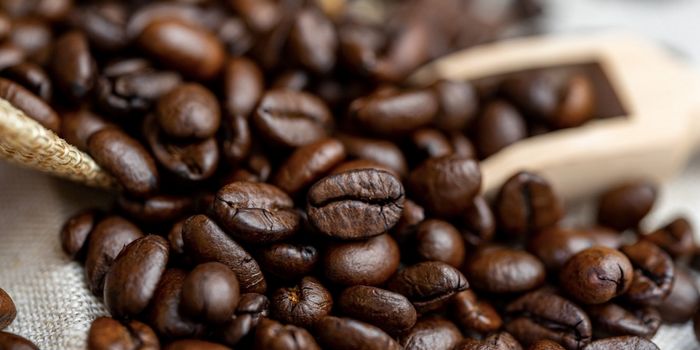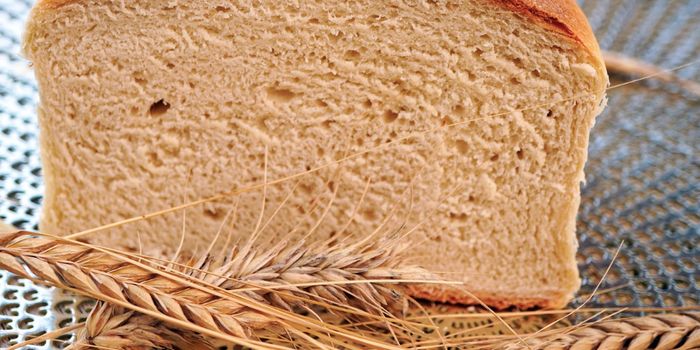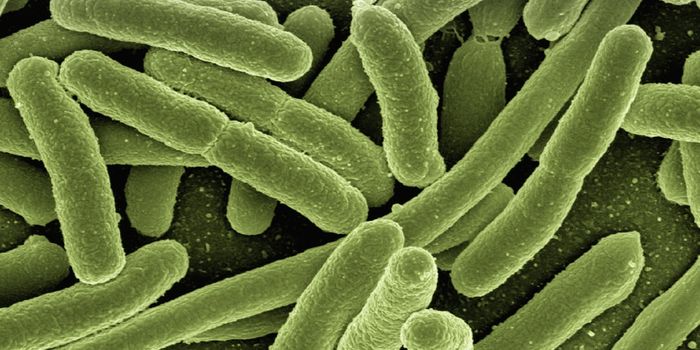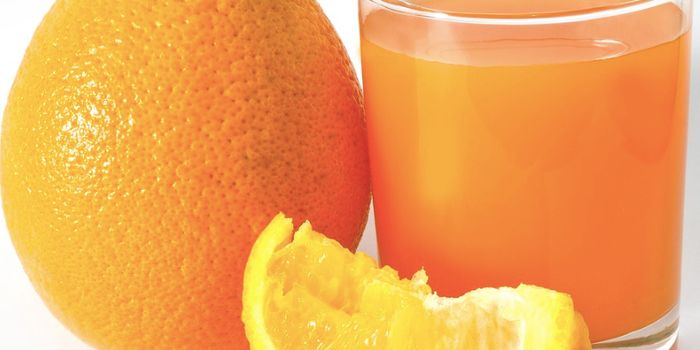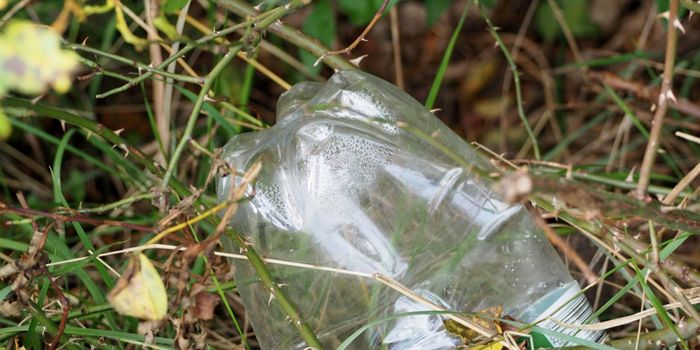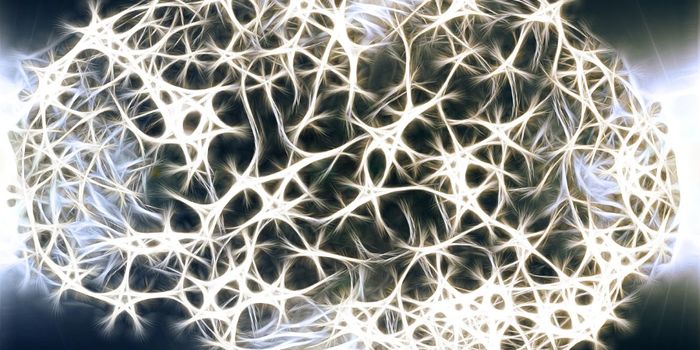Gaining Insight From the Microbiome of Athletes
To be the best, it takes a lot of work and usually a lot of natural talent; such is the case with elite athletes. Are they getting an edge over others not only from their abilities and their training but also from the microbes that live in their bodies as well? New research is digging into that question by analyzing the bacteria that inhabit the gastrointestinal (GI) tracts of stellar rowers and runners. Researchers found that specific microbes seem to help athletic performance. This work may be useful in the development of probiotic supplements specifically to aid athletes, whether professional or amateur; probiotics could help recovery time or make metabolism more efficient.
This work is described in the video above and has been presented at the 254th National Meeting & Exposition of the American Chemical Society (ACS).
"When we first started thinking about this, I was asked whether we could use genomics to predict the next Michael Jordan," said postdoctoral fellow Jonathan Scheiman. "But my response was that a better question is: Can you extract Jordan's biology and give it to others to help make the next Michael Jordan?"
Because the researchers know that we carry a tremendous number of microorganisms around with us, basically we have as many bacterial cells as we do cells of our own, so investigating the microbes was a good starting point. The community of microbes we carry around is our microbiome, those that live in the GI tract are part of the gut microbiome.
"The bugs in our gut affect our energy metabolism, making it easier to break down carbohydrates, protein, and fiber. They are also involved in inflammation and neurological function. So perhaps the microbiome could be relevant for applications in endurance, recovery and maybe even mental toughness," explained Scheiman, who works in George Church’s lab at Harvard Medical School.
For this study, the researchers collected fecal samples from 20 athletes on a daily basis, in the week before and the week after the 2015 Boston Marathon.
"For two weeks, I was driving around Boston collecting fecal samples and putting them on dry ice in the car," Scheiman said. "We followed athletes longitudinally to capture how the microbiome changes between performance and recovery."
With genomics technology, the investigators were able to identify the bacterial species that were present in the fecal samples, a standard way of assessing the composition of the gut microbiome. Assaying the pre- and post-race samples showed that the population of one type of bacteria spiked after the marathon. "This bug's natural function is to break down lactic acid," Scheiman explained. Intense exercise generates a lot of lactic acid, and muscle soreness or fatigue can result. This bacterium might help alleviate it.
After isolating the bacterium, the investigators confirmed that it’s skillful at breaking down lactic acid when tested in the lab, and it was able to survive a trip through a mouse’s digestive system. Current studies are evaluating whether the bacterium has an effect on fatigue and lactic acid levels in live mice.
Another project checked the bacteria carried by ultramarathoners and rowers that were in Olympic training. There was a bacterium in the ultramarathoners that could break down carbohydrates, but the rowers didn't carry the same microbe. It’s advantageous for marathoners to be able to efficiently metabolize carbohydrates during very long runs, suggesting that these athletes nurture specialized microbiomes.
Scheiman wants to bring his work to the market by starting a company: Fitbiomics. "I would like to think that a year after we launch, we could have a novel probiotic on the market," he said. "But in parallel we'll also be expanding our cohort of elite athletes from numerous sports to generate a larger microbial data and strain bank of novel probiotic candidates. In essence, we're mining the biology of the most fit and healthy people in the world and then extracting that information to help them and others."
Sources: Science Daily via American Chemical Society


